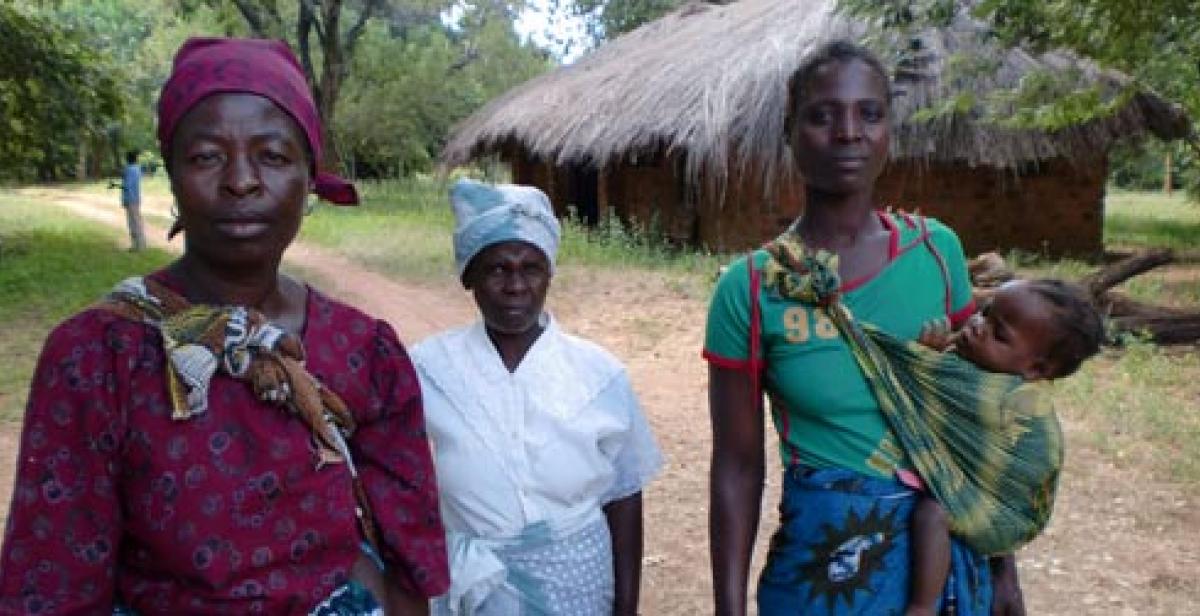Since the introduction of multiparty politics in 1994, Malawians have enjoyed relative stability. Since then, power has changed hands peacefully between three different political parties, an achievement that remains a dream for most of Malawi’s neighbours.
The new constitution that ushered in democracy in 1994 provides for Presidential and Parliamentary elections to be held every five years, on the third Tuesday of May. This makes it easy for all parties involved to plan for elections, and removes the temptation for the incumbent to fix the date of elections when they have an advantage over the opposition, as is the case even in some of the more mature democracies of the developed world.
This remarkable feat has sadly been stained by the ghost of local government elections. Malawi has not held them since 2001! Since 2005 district and city assemblies have been run without elected representatives. This has caused damage to an ambitious decentralisation programme that started with the dawn of democracy in 1994, and is enshrined in the democratic constitution.
More worrying for democracy activists and donor partners is the fact that one of the most visible forms of autocracy under the old dispensation was the concentration of power in the central government. This is a situation Malawi has returned to, perhaps unwittingly, since the failure to hold local government elections more than five years ago.
Many reasons have been given for this setback, most notably lack of funding, with the lack of enthusiasm among donors for local government elections cited. The vacuum created by this uncertainty has led to other problems for Malawians. The biggest casualty was the provision for holding local government elections.
Under the constitution passed before the democratic elections in 1994, the date for local government elections had also been fixed. But earlier this year, the government managed to push through constitutional amendments which, among other things, gave the incumbent president the power to decide the date of local government elections.
Government spokesman argued this may make it easier to budget for the elections. Civil society cried foul and held a series of meetings and workshops to lobby government to halt the changes. But the government was determined. Other changes have seen the number of councillors slashed by half, while it is still not clear whether MPs may also be allowed to vote in local assemblies.
The local government elections were supposed to be held in November this year, but the date has been pushed back to April 2011. At least voter registration has begun, which gives everyone hope that the elections may yet be held.
In the meantime, civil society organisations are readying themselves for civic and voter education programmes. Even in the past, local government elections have been dogged by serious voter apathy. A serious mobilisation exercise needs to be rolled out for people to turn out in their numbers and reclaim control of their local authorities.
I will be writing regular blogs from Malawi as this story unfolds – so watch this space!
Mandlenkosi Mpofu is a Progressio development worker in Malawi, working as Electoral Support Advisor with the Catholic Commission for Justice and Peace (Lilongwe Diocese)
Photo: Villagers in Malawi.



